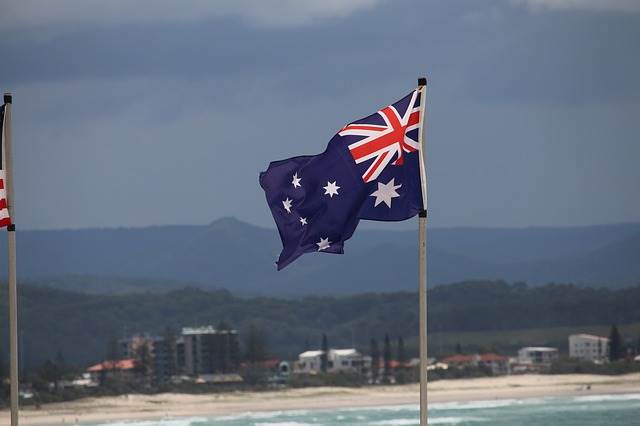 The Australian economy showed weakness in the third quarter as consumption dropped, according to data published on Wednesday. Data showed that Australia's GDP climbed 0.4 percent, behind what several analysts foresaw. Australia tried to boost its economy by cutting taxes in July, however, given this data, it doesn't seem to be working as expected. This gets the Australian government into trouble since they were justifying their decision claiming that this fiscal measure was going to help to boost the Australian economy.
The Australian economy showed weakness in the third quarter as consumption dropped, according to data published on Wednesday. Data showed that Australia's GDP climbed 0.4 percent, behind what several analysts foresaw. Australia tried to boost its economy by cutting taxes in July, however, given this data, it doesn't seem to be working as expected. This gets the Australian government into trouble since they were justifying their decision claiming that this fiscal measure was going to help to boost the Australian economy.
“This suggests that the underlying health of the economy has deteriorated further and is likely to put upward pressure on the unemployment rate,” stated NAB's Analyst Kaixin Owyong, "That reinforces our view that further monetary easing is needed,” he added making reference to the fact that the Reserve Bank of Australia board decided to leave the cash rates unchanged.
On its last decision, the Reserve Bank of Australia decided to leave the interest rate at 0.75 percent claiming that there is no need for further monetary policy loosening since the Australian economy appears to be doing well, as global economic outlook remains reasonable, underlying risks have diminished and the current world economic situation seems stable as well as unemployment levels and wages seem to be fine.
"After a soft patch in the second half of last year, the Australian economy appears to have reached a gentle turning point," explained the RBA on its announcement, "The low level of interest rates, recent tax cuts, ongoing spending on infrastructure, the upswing in housing prices and a brighter outlook for the resources sector should all support growth," they added.
Hence the decision to leave the rates steady, however, they remained open to further monetary easing:
"The board is prepared to ease monetary policy further if needed to support sustainable growth in the economy, full employment and the achievement of the inflation target over time," they added.
Analysts claim that Australia just entered to a real state sector recession, as household consumption just contributed 0.1 percent to Australia's GDP. Capital economics, for example, highlighted that real state spending was the “slowest since the global financial crisis and underlines that the government’s tax cuts aren’t providing any boost to consumer spending.”
The next Reserve Bank board meeting is set to happen on Tuesday, February 4 and some analysts expect the bank is going to lower the cash rate by 0.25 percent, leaving it at the 0.50 percent level.
By 11:53 GMT the Australian Dollar fell by 0.23 percent against the United States dollar, falling to the 0.6831 level.
